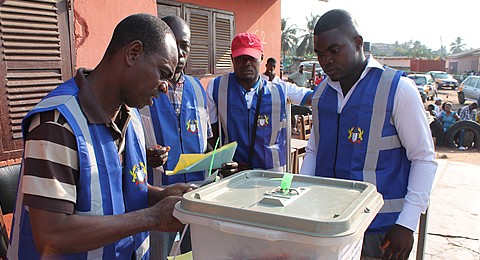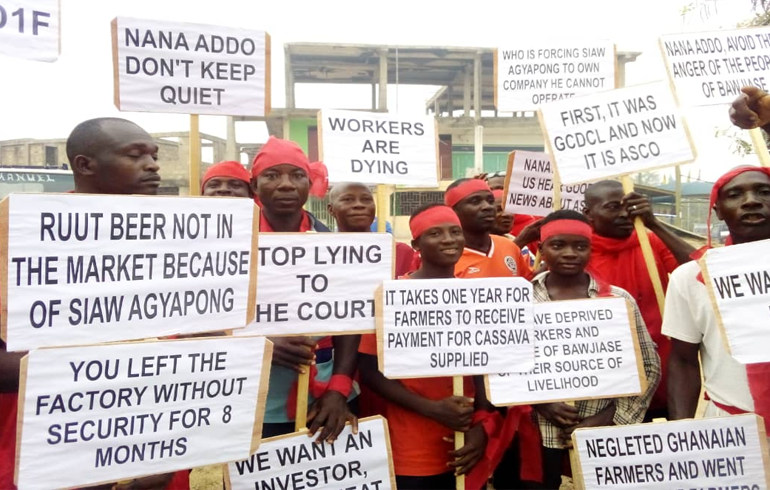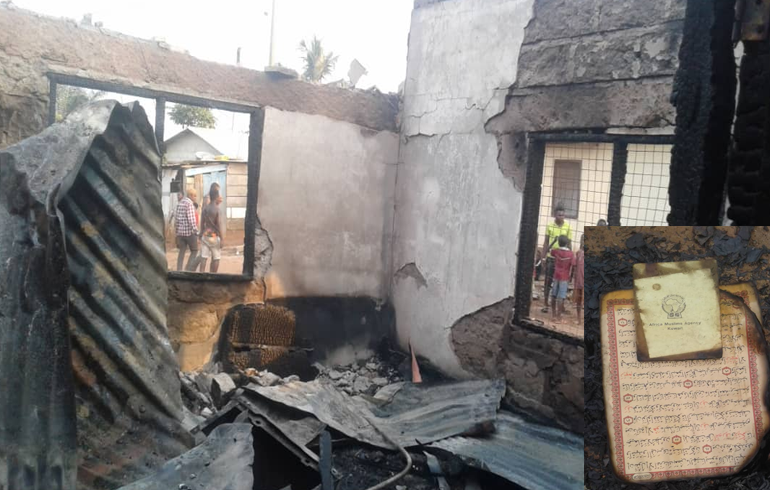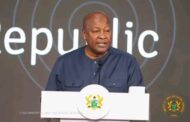If you have been casting ballots long enough, you will realise that it is easy for a voter to take the process for granted.
But what is it like being at the other side making sure that elections are free and fair and all voters have confidence in the system? A few months ago, I set out to better understand this question when I decided to work for the Electoral Commission (EC) as a Presiding Officer in the 2019 District Assembly Elections.
Even though I had worked for the EC in other smaller capacities years ago, this was the first time that I was actively involved in the process of the elections and politics as a whole. But when all the election day drama and shock had eaten into me, and I calmly sat in the car going home, I kept asking myself, would I do it again? Maybe I will, maybe I will not.
At exactly 3: 30 am on Election Day, I was patiently waiting at my polling centre for the car making rounds distributing the electoral materials. Being there that early was the only solution to the inadequate transport available to the district for electoral material distribution.
As a Presiding Officer, I was also responsible for finding chairs, tables and sometimes shelter for myself and my polling assistants whichever means possible. Thankfully, the homes around my centre did me that favour. During the voting time, I encountered all manner of persons and at some moments one needed all the patience in the world to survive as an EC official.
I used to naively believe that most electorates were well versed with the electoral processes because of the kind of public education that precedes such elections. Trust me, a lot of voters are not well versed with the processes at all! If most of the electorates were not properly guided, they would have spoilt their votes.
So I kept wondering where all the education on election went to. Perhaps it was not enough and there will be a need for an intensification of the kind of education we give to voters.
Whilst I battled with the challenges of voters, I also had to contend with some polling agents who in most cases tried to express concerns about the system unnecessarily.
It is true that the presiding officer is supposed to work with the polling agents but an uninformed and naïve polling agent is always a torn in the flesh of the presiding officer and also a danger to the whole electoral process. Some of the agents were upset with me because some voters could not find their names in the register while others raised minor procedural issues just to halt the process.
Once in a while, things got ugly with some strong words being exchanged between the agents. Eventually, party supporters and some party bigwigs appeared from nowhere. These party bigwigs were people I expected to know better but no! Some of them rather came inciting and fueling confusion.
The attitudes of the agents and the supporters around clearly betrayed the serious partisan nature of the 2019 district assembly.
Just when counting was done and I thought I had overcome all hurdles, I got the shock of my life when I got to the collation centre to submit my polling centre results.
That was when it fully dawned on me why many of my friends would rather sit at home than embark on an EC activity. The collation centre was in total chaos and nothing meaningfully electorally was happening except people arguing, shouting, inciting, fighting and the police struggling to safeguard some sheets in the ballot box.
The impudence I saw among some young men and some party people was obviously an anticlimax to my exciting presiding officer’s story. I felt sorry for the collation officer who was helpless in that dusty crowd where common sense did not have a place.
What I witnessed that night was certainly not my understanding of elections. I knew anything could happen that evening so I moved afar and observed all the nasty happenings for close to two hours as I was still waiting to handover the results.
Finally, around 9:00 pm, I did my submission thanks to a police escort in the middle of a thick charged crowd. I quickly left the place not interested in what will happen next. Anytime I get to talk about this experience, I am always asked ‘so would you do it again?’ and my answer has always been, maybe I will, maybe I will not.
Source: Eric Ziem Bibiebome | Lecturer, University of Professional Studies, Accra




















































